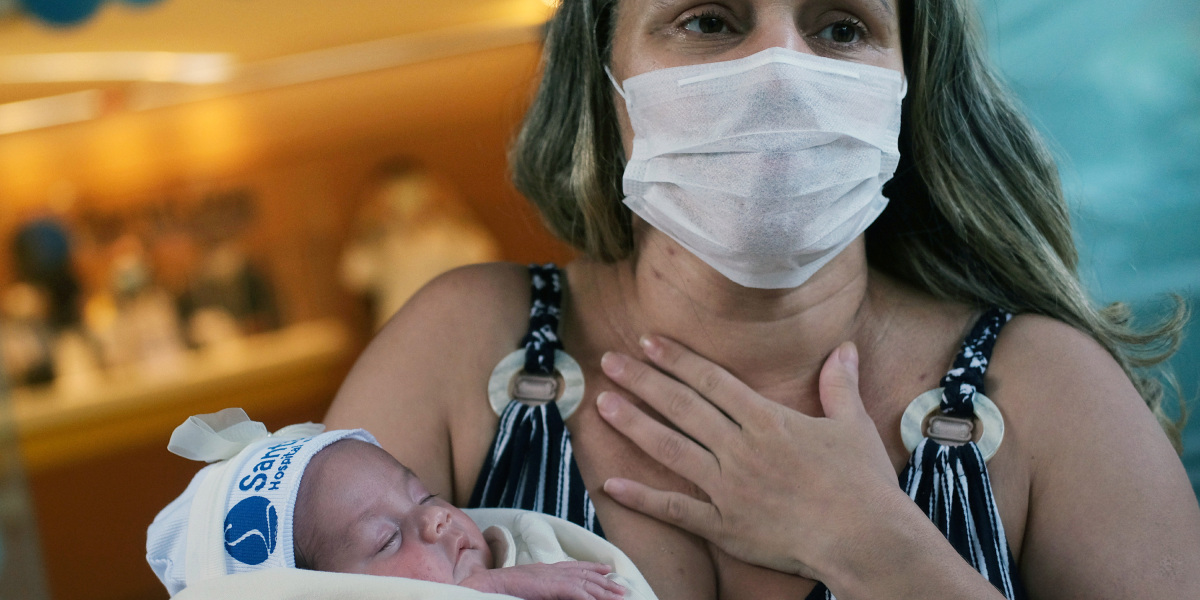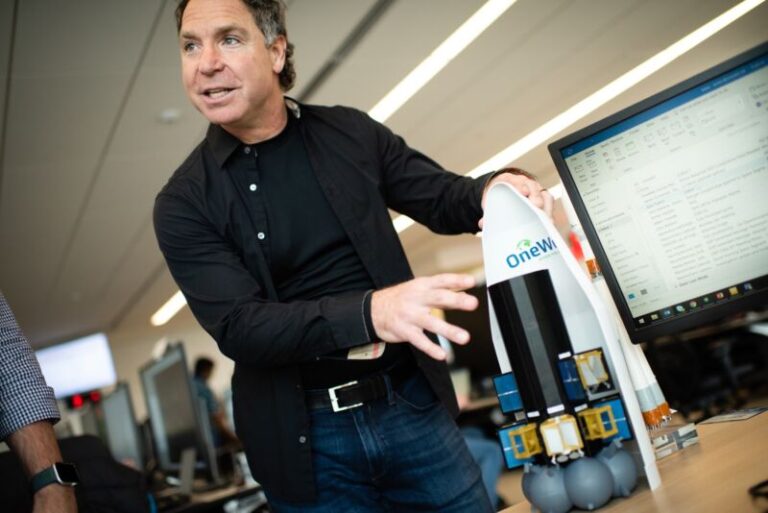
His denialism has left medical professionals without support, floundering to care for patients without the proper resources for either prevention or treatment. Brazil has seen more than 16.7 million cases throughout the pandemic, and the daily death rate currently sits at roughly 2,000. Although that’s down from daily highs of 4,000 in April’s second wave, it’s still one of the highest in the world.
While quality and availability of health care can vary across a country as large as Brazil, even the country’s best medical facilities have been brought to the brink of collapse, and only well-off areas such as São Paulo have seen any rebound.
And six months on from the oxygen crisis in Amazonas, mothers and babies are still feeling the effects.
Care complications
Each year, around 340,000 babies in Brazil are born prematurely—before 37 weeks. That’s double the rate for Europe and, according to the World Health Organization (WHO), the 10th-highest number of preterm births in the world. Many crucial methods of care for these babies, including early breastfeeding and skin-to-skin contact with their parents, remain on hold at hospitals around the country despite evidence that this puts their growth, development, and even survival at much higher risk than covid-19.
While the number of preterm births in Brazil for 2020 has yet to be released, experts such as Denise Suguitani—founder and director of nonprofit Prematuridade, the only national NGO in the country to support premature babies and their families—suspect there will be an increase over previous years.
Prenatal care could prevent many mothers from delivering prematurely, but covid-19 has made expectant parents much more likely to skip those doctor’s visits. According to a study conducted by the Brazilian Federation of Gynecology and Obstetrics Associations in July and August of last year, 81% of obstetrician/gynecologists consulted said their patients were worried about contracting covid-19 during prenatal appointments.
“When the mom has covid and ends up with breathing problems, the baby could go into asphyxia in utero.”
Rossiclei Pinheiro, Federal University of Amazonas
“It’s during prenatal appointments that risks of premature births are identified,” Suguitani says. “So if a pregnant woman skips an appointment or an exam, there’s a possibility that a problem in her pregnancy that could lead to a preterm birth will go undetected.”
Contracting covid-19 during pregnancy can also be a factor in preterm births. According to Rossiclei Pinheiro, a pediatrician and neonatologist at the Federal University of Amazonas, early labor can start when the inflammatory reaction brought on by the coronavirus—or any other type of infection—manifests itself in the amniotic membrane, causing it to rupture prematurely.
In other cases, babies whose mothers have covid-19 have had to be delivered early on purpose.
“When the mom has covid and ends up with breathing problems, the baby could go into asphyxia in utero,” Pinheiro says.
The dangers of limiting contact
During the pandemic, hospitals have limited NICU visitors, and some staff have even stopped parents from touching their babies. Pinheiro and other experts say this is the wrong approach.
A particularly important form of skin-to-skin contact involves newborns resting chest-to-chest on top of a parent. It’s called kangaroo care, and it has been shown to reduce infant deaths by 40%, hypothermia by more than 70%, and severe infections by 65%. In a March study, WHO and partner researchers found that kangaroo care made babies born to covid-infected mothers far more likely to survive, and the benefits far outweighed the small risk of dying from the virus.
Carla Luana da Silva, a 27-year-old woman from the state of São Paulo, was not just prevented from practicing kangaroo care with her extremely premature baby—she was blocked from having any contact with her whatsoever. Da Silva says it was one of the hardest parts of the baby’s 81-day stay in the NICU.






